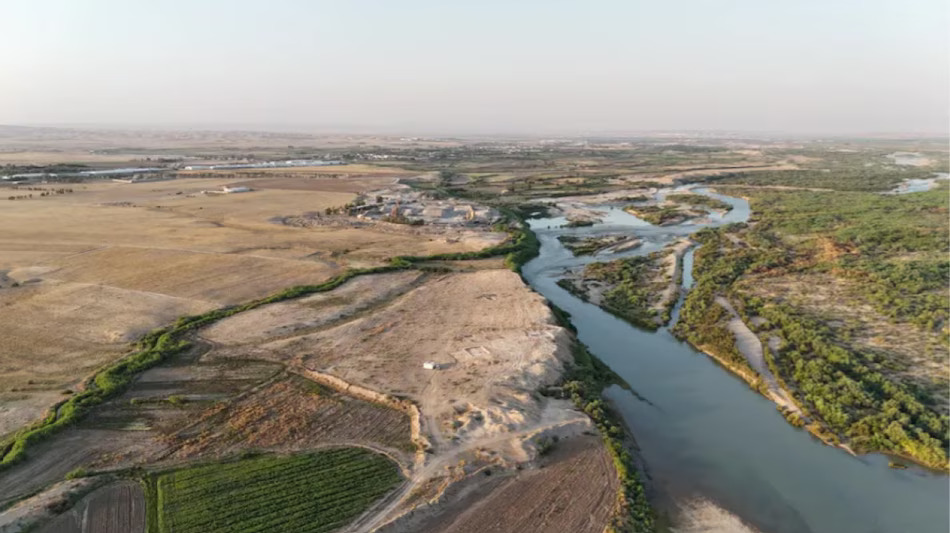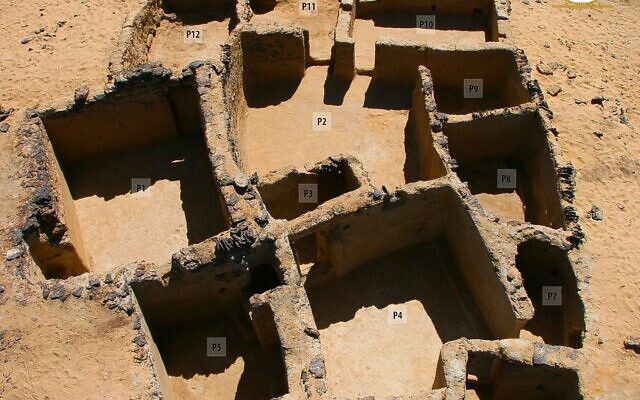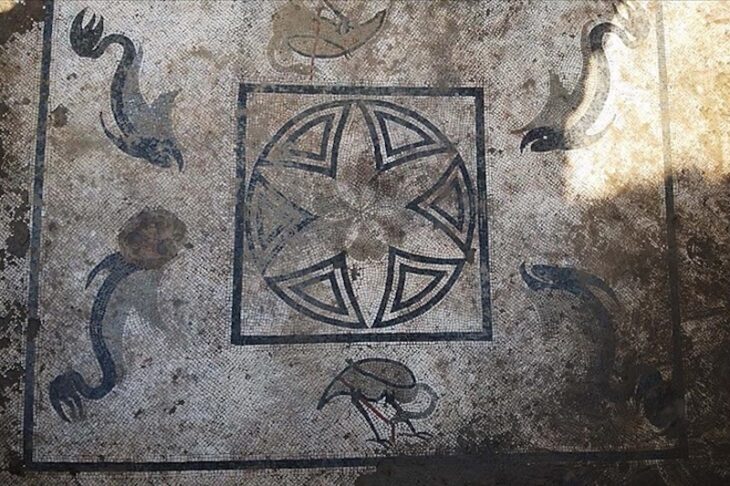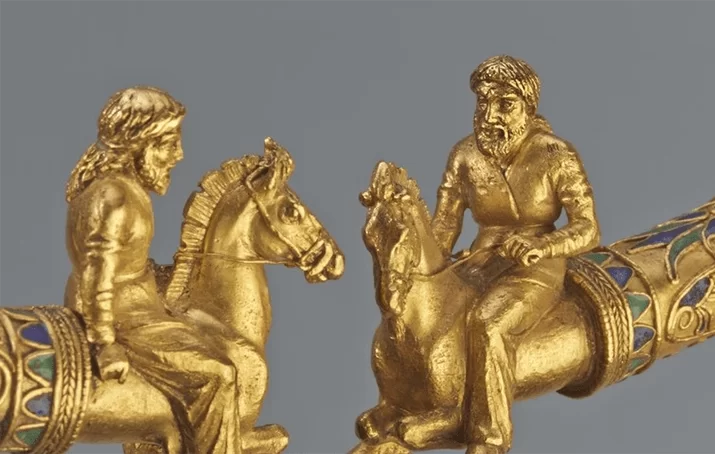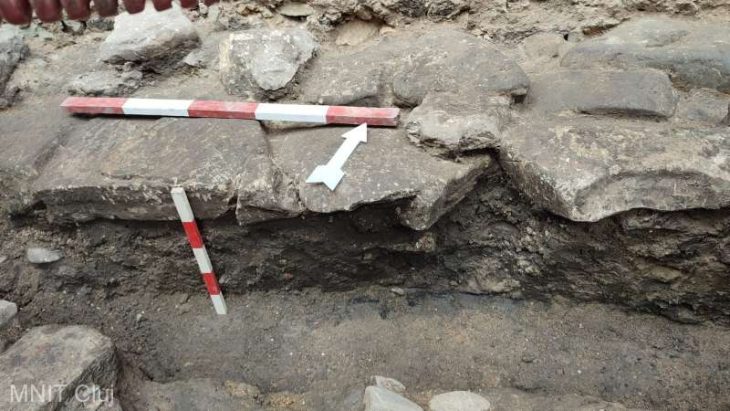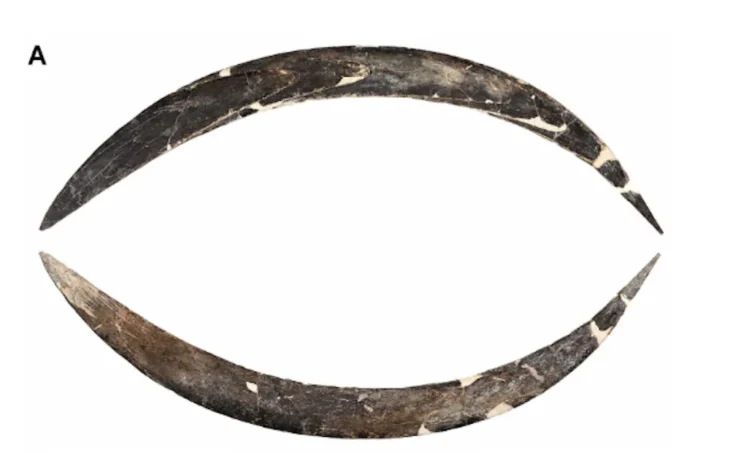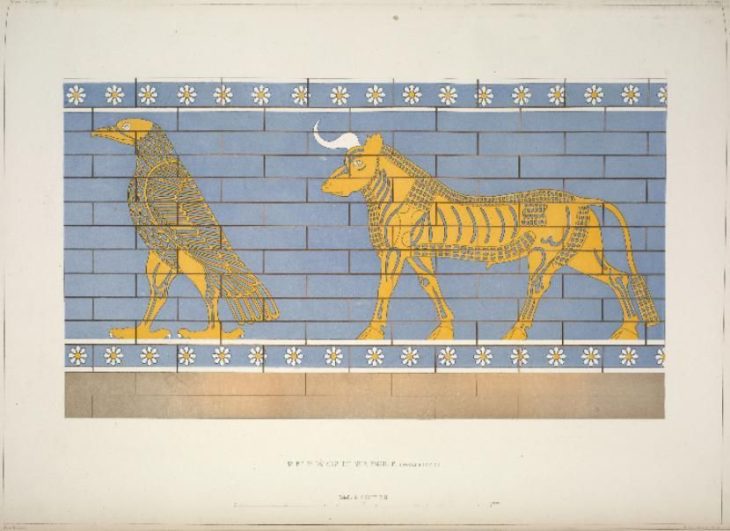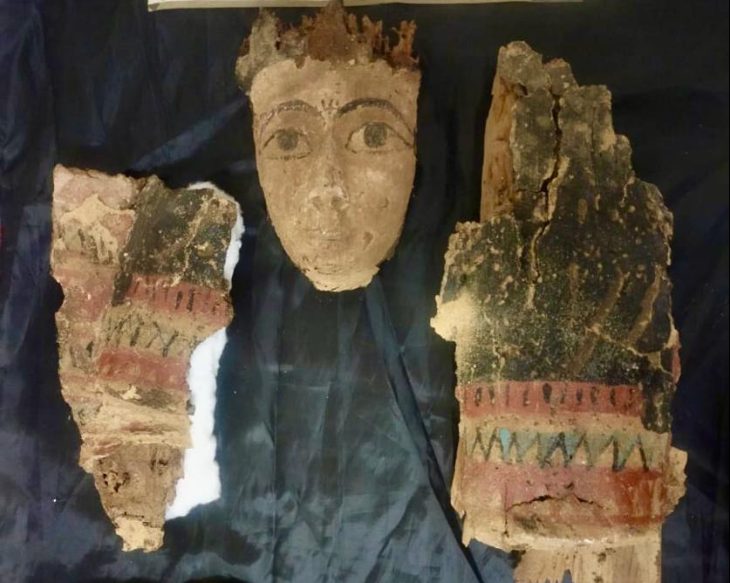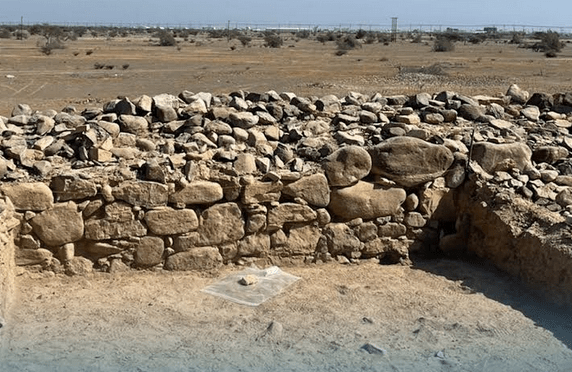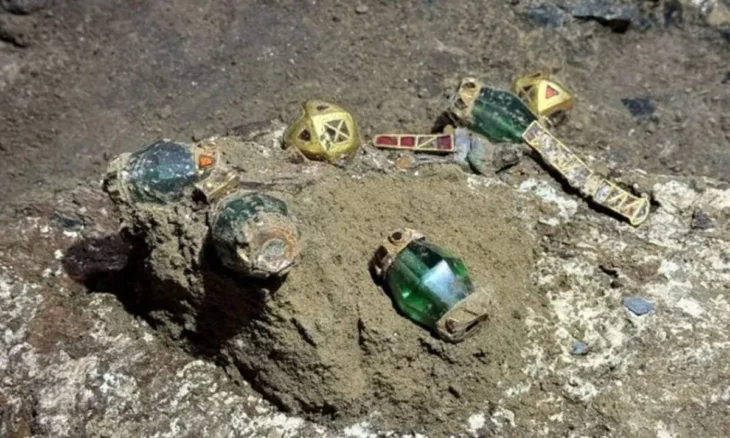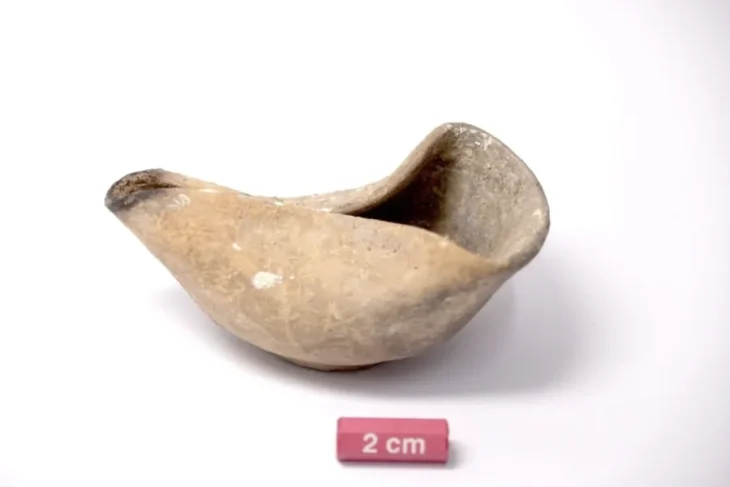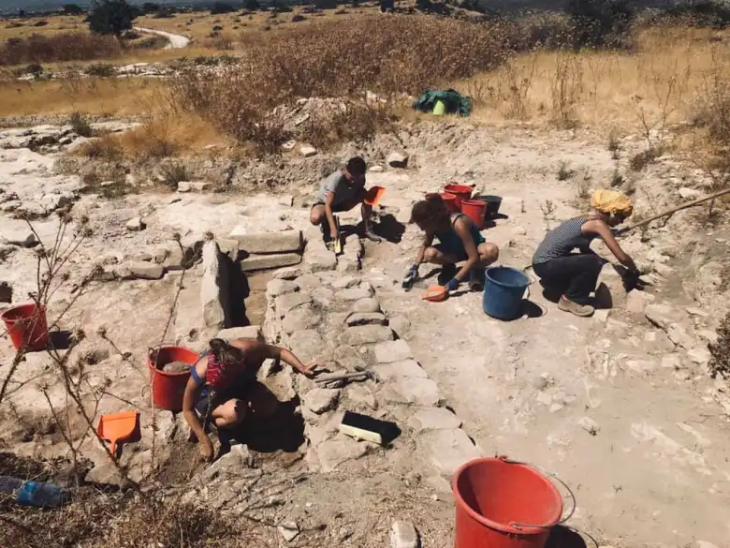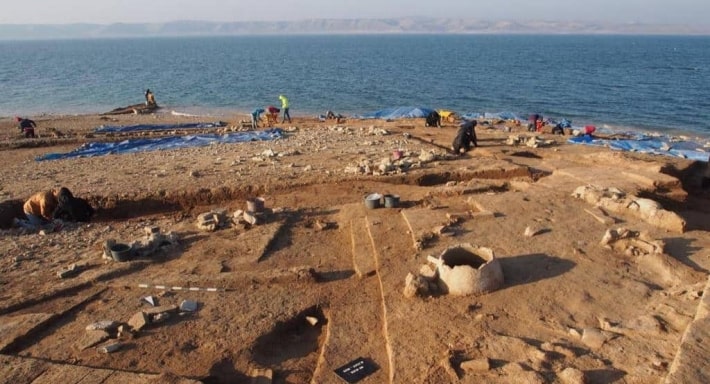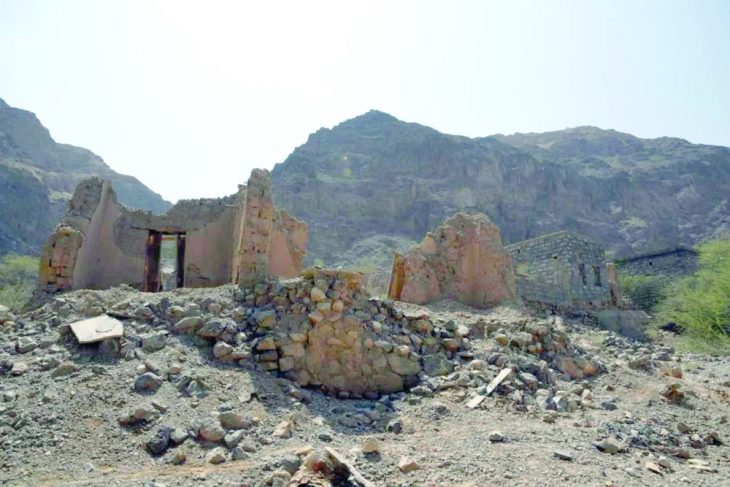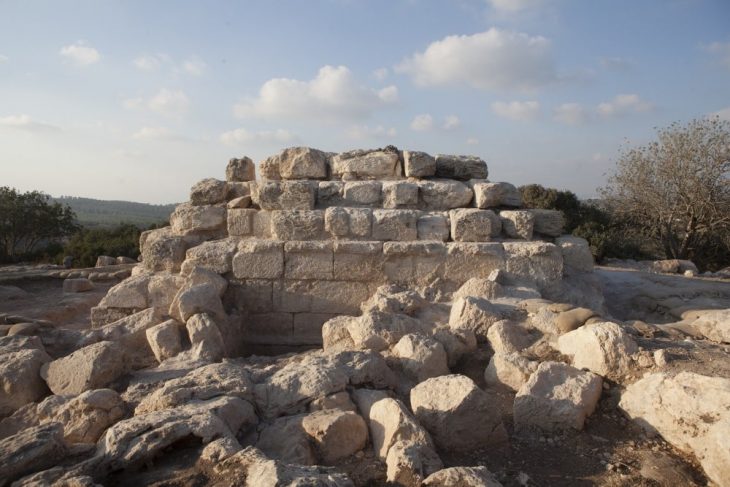New excavations of the 4th-millennium B.C settlement at the archaeological site of Shakhi Kora, located in the Iraqi Kurdistan region uncover evidence for the earliest state institutions, but suggest that they were later abandoned, implying people deliberately rejected centralized forms of government.
Under the direction of Professor Claudia Glatz of the University of Glasgow, an international team has discovered artifacts and structures that demonstrate the emergence and decline of centralized organizational structures, providing crucial proof of how these societies handled hierarchical power.
Excavations at the site have taken place since 2019, as part of the Sirwan Regional Project, in collaboration with the Garmian Directorate of Antiquities, Kurdistan Region of Iraq. The site, is located southwest of Kalar in Kurdistan.
Among the findings are clay bowls used to serve large-scale communal meals, likely as payment for workers associated with these institutions. Archaeologists determined that they once contained protein-rich stews, which in turn suggests that people possibly gathered at the site as workers.
Additionally, the site shows evidence of a major cultural shift from local customs to influences from Uruk, one of the first cities in history and renowned for its monumental complexes and the earliest written texts on clay tablets.
📣 Our WhatsApp channel is now LIVE! Stay up-to-date with the latest news and updates, just click here to follow us on WhatsApp and never miss a thing!!
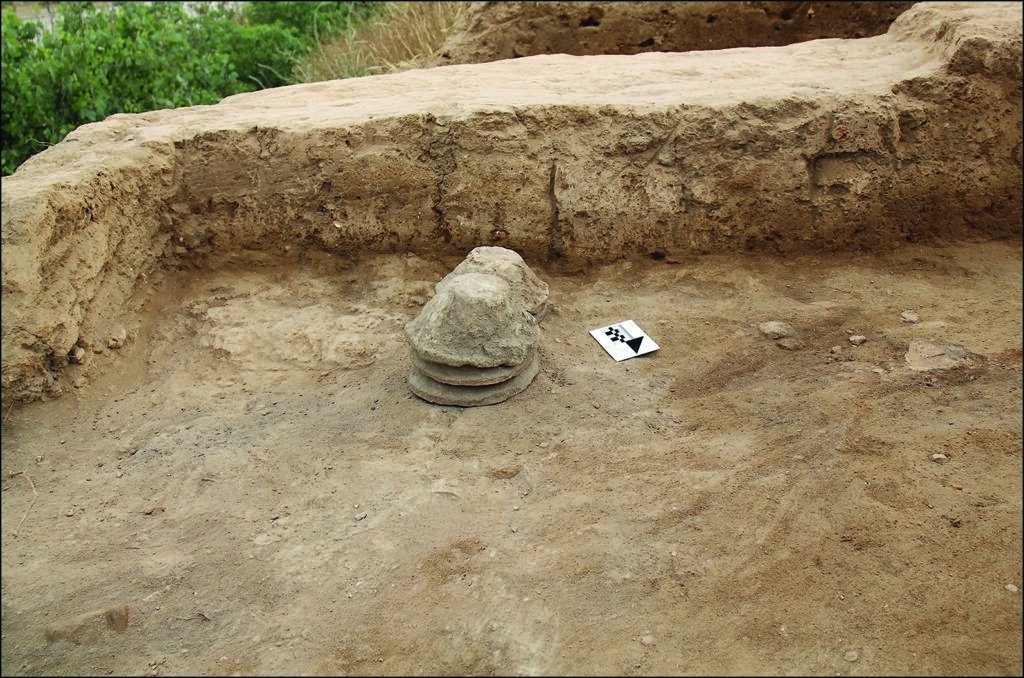
However, the most surprising finding is the deliberate abandonment of the final institutional structures. There is no evidence of violent destruction or environmental stress, implying that local communities deliberately chose to dismantle this centralized system of authority. They had apparently decided to “reject” centralized government, the likes of which did not reappear in the region again for almost 1,500 years.
“Our excavations at Shakhi Kora provide a unique, new regional window into the development, and ultimately the rejection, of some of the earliest experiments with centralized, and perhaps state-like, organization,” the study’s lead author Professor Claudia Glatz of the University of Glasgow, remarked in an Antiquity Facebook post. She added: “This reaffirms that top-down, hierarchical forms of government were not inevitable in the development of early complex societies. Local communities found ways to resist and reject tendencies towards centralized power.”
This challenges the idea that the development of powerful, hierarchical governments was an inevitable outcome or took place unopposed in early complex societies. Societies and governments formed in fits and starts, and rather than increasingly congregate in one place, at least some ancient people chose to return to a different way of living their lives.
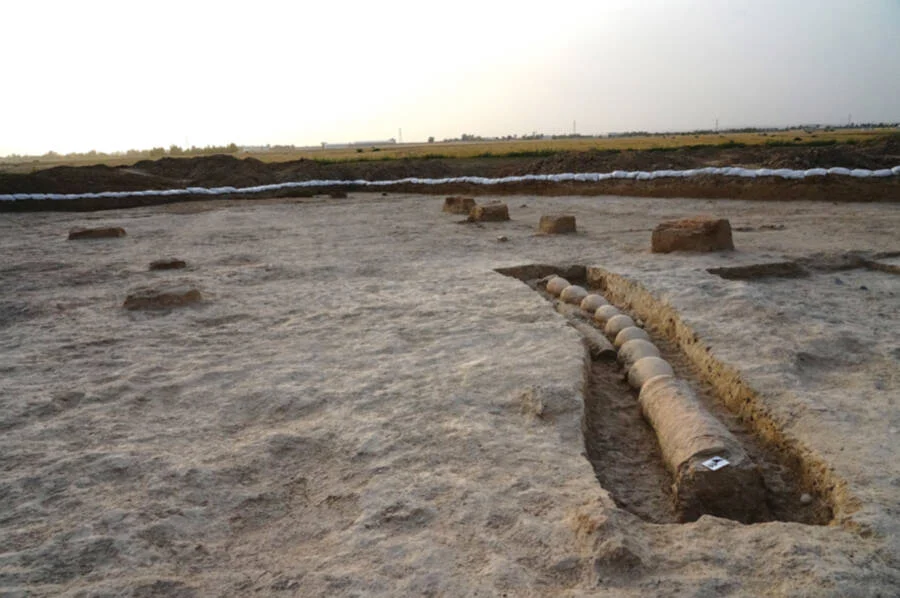
Director of the Garmian Department of Antiquities and Heritage Salah Mohammed Sameen, emphasized that the findings at Shakhi Kora provide crucial data for understanding this key period in the history of Iraqi Kurdistan.
Glatz C, Del Bravo F, Chelazzi F, et al. There and back again: local institutions, an Uruk expansion and the rejection of centralisation in the Sirwan/Upper Diyala region. Antiquity. Published online 2024:1-16. doi:10.15184/aqy.2024.189
Cover Image Credit: Antiquity, https://doi.org/10.15184/aqy.2024.189

